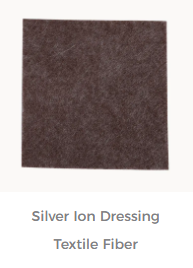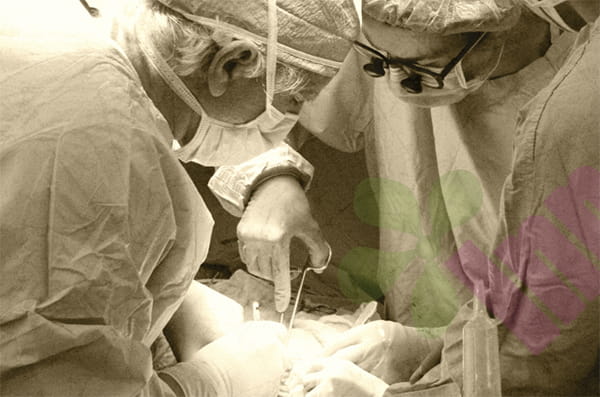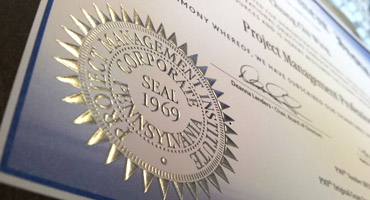Effects of silver ions on bacteria Silver ions are a material widely used in the field of antibacterial, which can inhibit and kill a variety of bacteria, including drug-resistant bacteria and hospital infection pathogens.
Silver ions have a wide range of indications in wound care :
1. Infected wounds: Silver ions have a broad-spectrum antibacterial effect, which can effectively inhibit the growth and reproduction of various bacteria. Therefore, silver ions have a significant curative effect in the treatment of infected wounds.
2. Burn wounds: Silver ions can promote the healing of burn wounds, and reduce pain and scar formation. In addition, silver ions can also prevent secondary infection of burn wounds.
3. Cut wounds: Silver ions can promote the healing of cut wounds and reduce the formation of scars. In addition, silver ions can also prevent infection of cut wounds.
4. Pressure sores: Silver ions can promote the healing of pressure sores, and reduce pain and scar formation. In addition, silver ions can also prevent the infection of pressure sores.
5. Post-operative wounds: Silver ions can promote post-operative wound healing and reduce scar formation. In addition, silver ions can also prevent wound infection after surgery.
The antibacterial effect of silver ions is mainly through the following aspects:
1. Destroying the cell membrane: Silver ions can destroy the cell membrane structure of bacteria, causing the cell membrane to lose its integrity, and then make the contents of the cell leak out, thereby achieving the effect of sterilization.
2. Inhibition of enzyme activity: silver ions can inhibit the enzyme activity inside bacteria, and affect the metabolism and growth of bacteria, so as to achieve the effect of antibacterial.
3. Influence DNA replication: Silver ions can affect the DNA replication of bacteria, resulting in the inhibition of bacterial growth and reproduction, thereby achieving the effect of sterilization.
Contraindications to the use of silver in wound care :
1. Silver allergy: Some people may be allergic to silver, and the use of silver ions may cause allergic reactions, such as rash, itching, redness, etc. Therefore, a skin sensitivity test should be performed before using silver ions for wound care.
2. Children and pregnant women: Children and pregnant women have sensitive skin, and the use of silver ions may have adverse effects on them, so they should be used with caution.
3. Severe bleeding wounds: The use of silver ions on severe bleeding wounds may have adverse effects on hemostasis, so it is not recommended to use silver ions on such wounds.
4. Chronic wounds: The healing process of chronic wounds is longer, and the use of silver ions may stimulate the wounds, resulting in slow wound healing.
5. Excessive silver ions: Excessive use of silver ions may lead to argyria, manifested as nausea, vomiting, diarrhea, headache, and other symptoms. In severe cases, symptoms such as coma and convulsions may also occur. Therefore, when using silver ions for wound care, attention should be paid to dose control and excessive use should be avoided.
In summary, although silver ions have a wide range of indications in wound care, in some cases, their use may cause adverse reactions, so full evaluation and caution should be carried out before use.
For more information on Innomed®Silver Ion Dressing, Refer to the Previous Articles. If you have customized needs, you are welcome to contact us; You Wholeheartedly. At longterm medical, we transform this data by Innovating and Developing Products that Make Life Life easier for those who need loving care.
Editor: kiki Jia
Date: July 26, 2023

 English
English عربى
عربى Español
Español русский
русский 中文简体
中文简体








